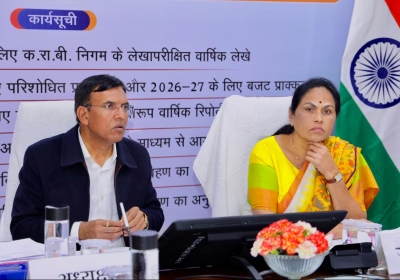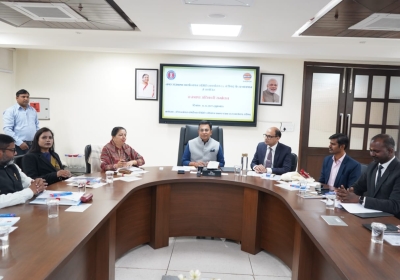
HC orders Centre to release ₹10 crore for AIIMS treatment of 18 children
Delhi HC denies recall plea, directs Centre to release ₹10 crore to AIIMS for treatment of 18 children
The Delhi High Court has insisted that the Central Government release ₹10 crore to AIIMS Delhi for the treatment of 18 children with rare diseases. The court declined a request to cancel its earlier order, emphasizing that stopping treatment would harm the children's health.
The court ordered that the funds be released within three working days. If the money is not released, Latha Ganapathy, the Joint Secretary of the Ministry of Health and Family Welfare, must appear in court on the next hearing date, which is set for October 3. Justice Prathiba M Singh stated that withholding treatment would be unjust and detrimental to the children's well-being.
ALSO READ: Family of Bengaluru Murder accused allege victim tortured him before incident
Continuing care for rare diseases
The court’s decision comes after the Centre filed an application to recall the order from September 13, which directed the release of funds to AIIMS for these patients. The children suffer from conditions such as Duchenne muscular dystrophy and Mucopolysaccharidosis II (MPS II) and have already started their treatment.
The AIIMS has already received funds under the National Policy for Rare Diseases, 2021, but it needs more to continue treatment. Dr. Madhulika Kabra of AIIMS explained that while the total spending on medicines would be reported later, orders for treatments have already been placed, and the continuation of care relies on receiving additional funds.
The Centre argued that the budget for AIIMS had been exhausted, but the court affirmed AIIMS's importance as a key facility for treating rare diseases. The High Court had previously established a committee to oversee the implementation of the National Rare Diseases Policy and ensure the efficient procurement of therapies and medicines for these patients.





